
Hull City Council rolled out Pathways, an anti-extremism game, hoping to steer students away from so-called ‘far-right ideas’. But it didn’t go as planned. The game’s goth character, Amelia, meant to be a warning sign for nationalism, quickly turned into an internet sensation. People turned her into a meme, showing how clumsy progressive messaging gets when it paints normal patriotism as a threat.

An exchange at a US Senate hearing baffled many and went viral on X. Senator Josh Hawley of Missouri was asking obstetrician and gynaecologist Dr Nisha Verma if men can get pregnant, but could not get her to give a straight answer during five minutes of questioning.

The 100 best secondary schools in Hungary were recognized and awarded at an illustrious event at the Castle Garden Bazaar in Budapest, Hungary. The data-based annual ranking was done by a collaboration between the Mathias Corvinus Collegium (MCC) and the Ministry of Interior’s Education Authority (OH).
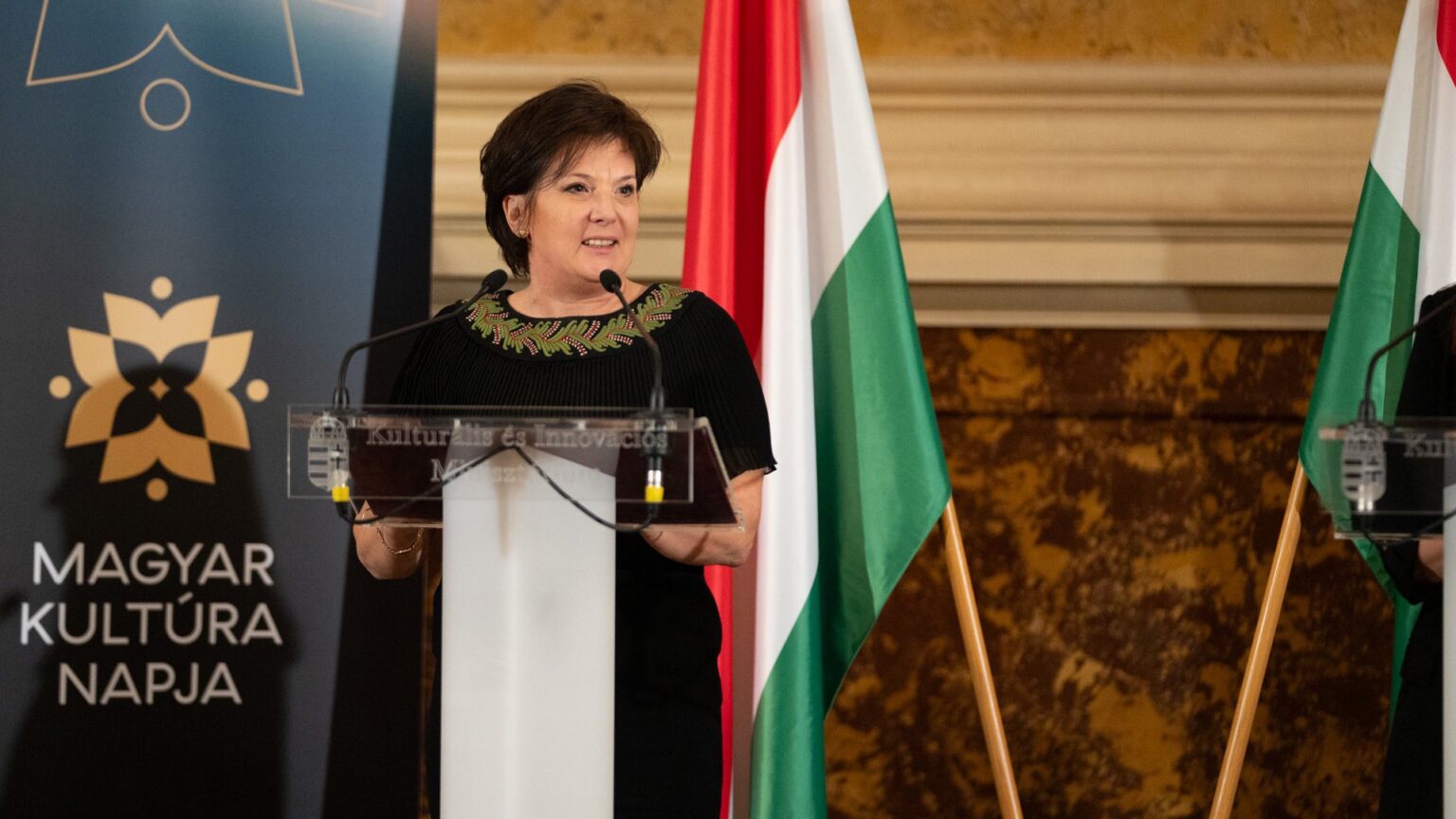
Hungary’s Day of Culture is set to become a week-long celebration from 2026, as the government launches a new Week of Hungarian Culture with an independent visual identity. State Secretary Magdolna Závogyán said institutions across the Carpathian Basin will welcome visitors throughout the week of 22 January, expanding the traditional one-day commemoration.

Fire in My Pocket, an animated short by Hungarian filmmaker Janka Feiner, has been selected for the Generation Kplus competition at the 76th Berlin International Film Festival, bringing a visually inventive children’s story to one of Europe’s top festivals.
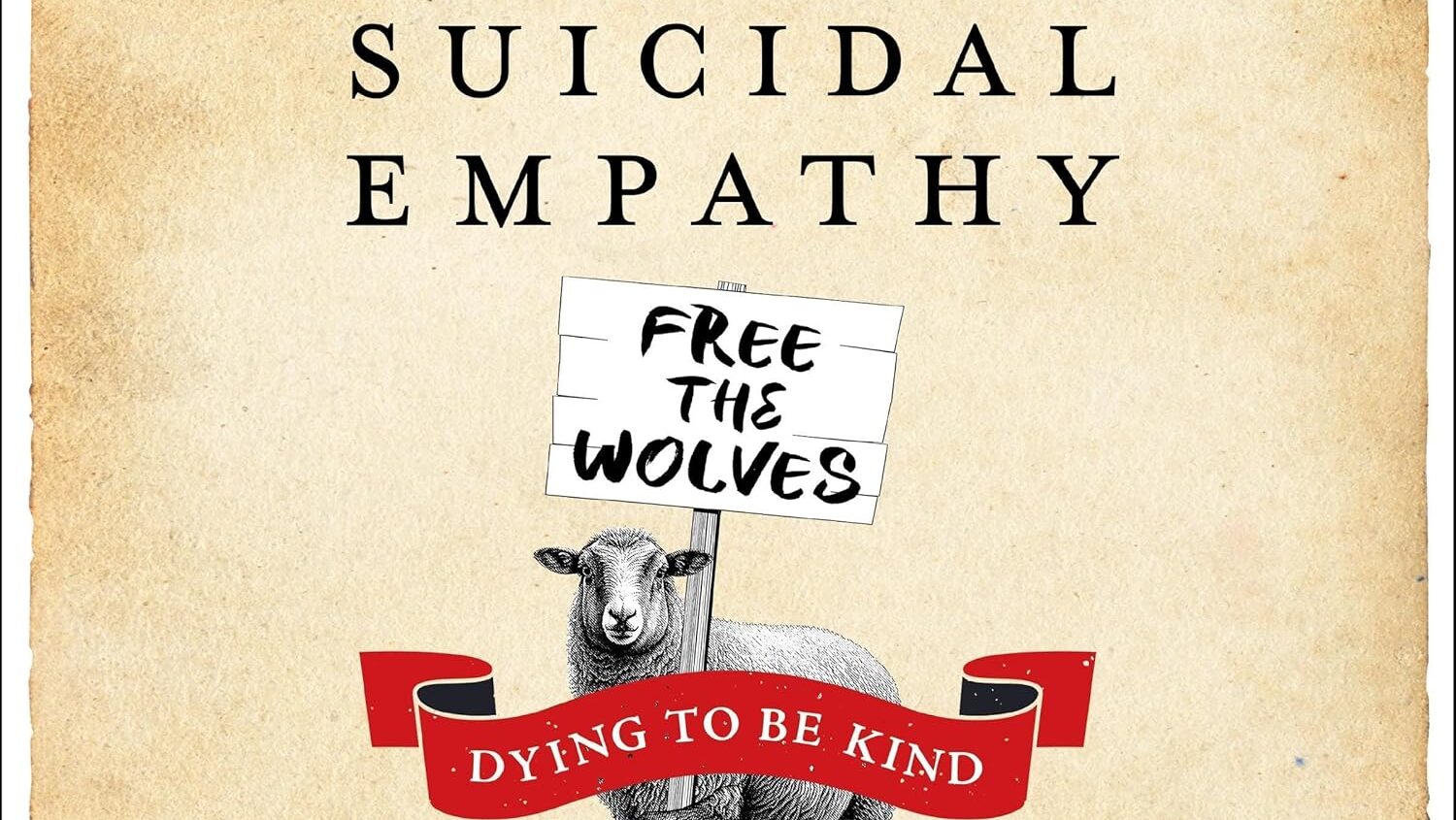
Canadian conservative philosopher Gad Saad has announced the launch of his sixth book, Suicidal Empathy: Dying to be Kind, now available for pre-order. In the book, Saad argues that ‘empathy politics’ has become a destructive force in the West, inverting moral priorities by protecting criminals over victims and privileging illegal migrants over citizens in the name of compassion.

‘It was not just another gesture to the Americans; it was a landmark event in getting back to the Western fold. It was about the Gulf War.’
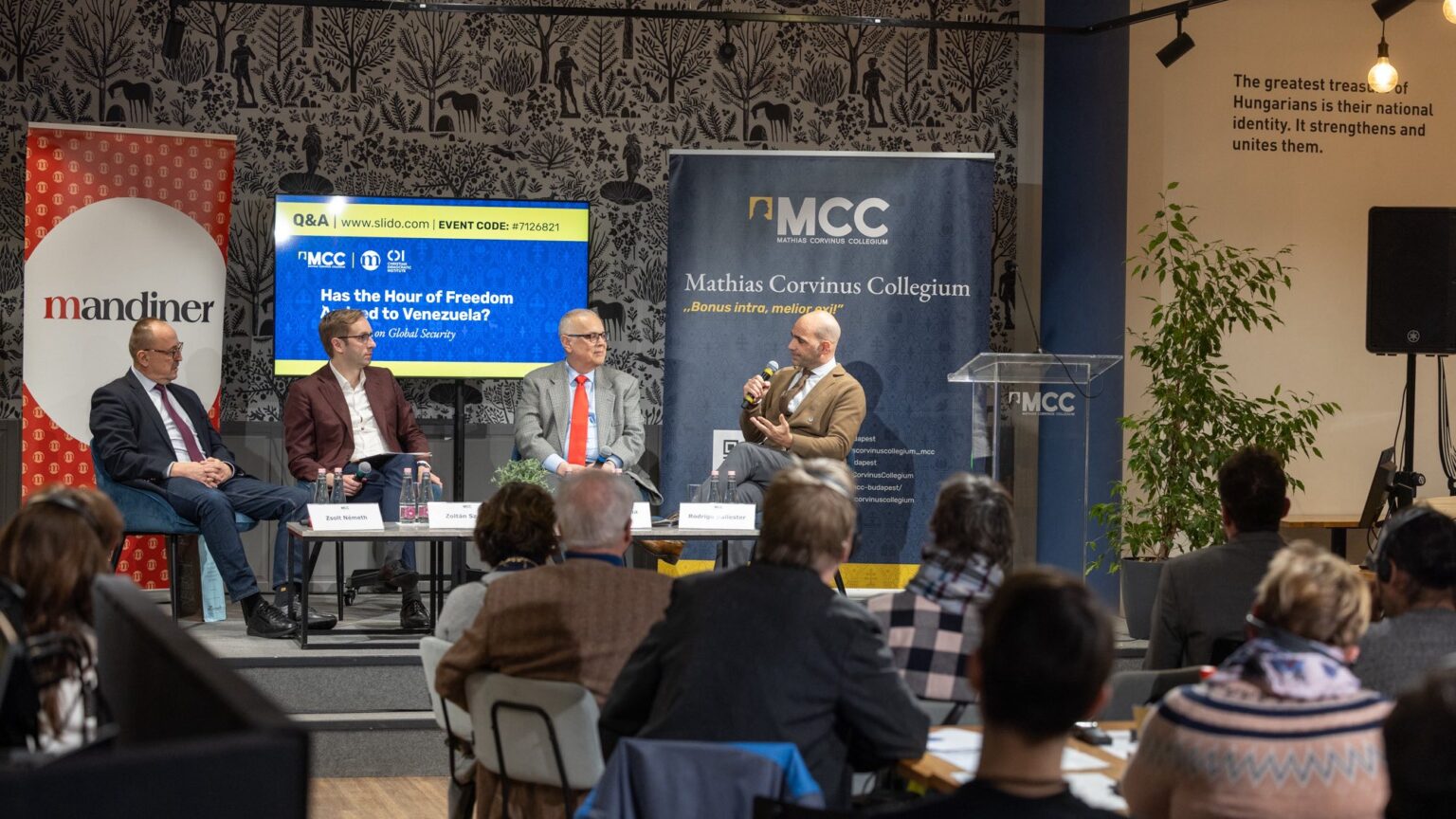
The US arrest of Venezuelan President Nicolás Maduro has sparked global controversy over sovereignty and interventionism. Budapest-based Mathias Corvinus Collegium organized a high-level panel featuring Venezuelan opposition figure Alejandro Peña Esclusa to examine the operation’s impact on Venezuela, as well as its regional and international implications.
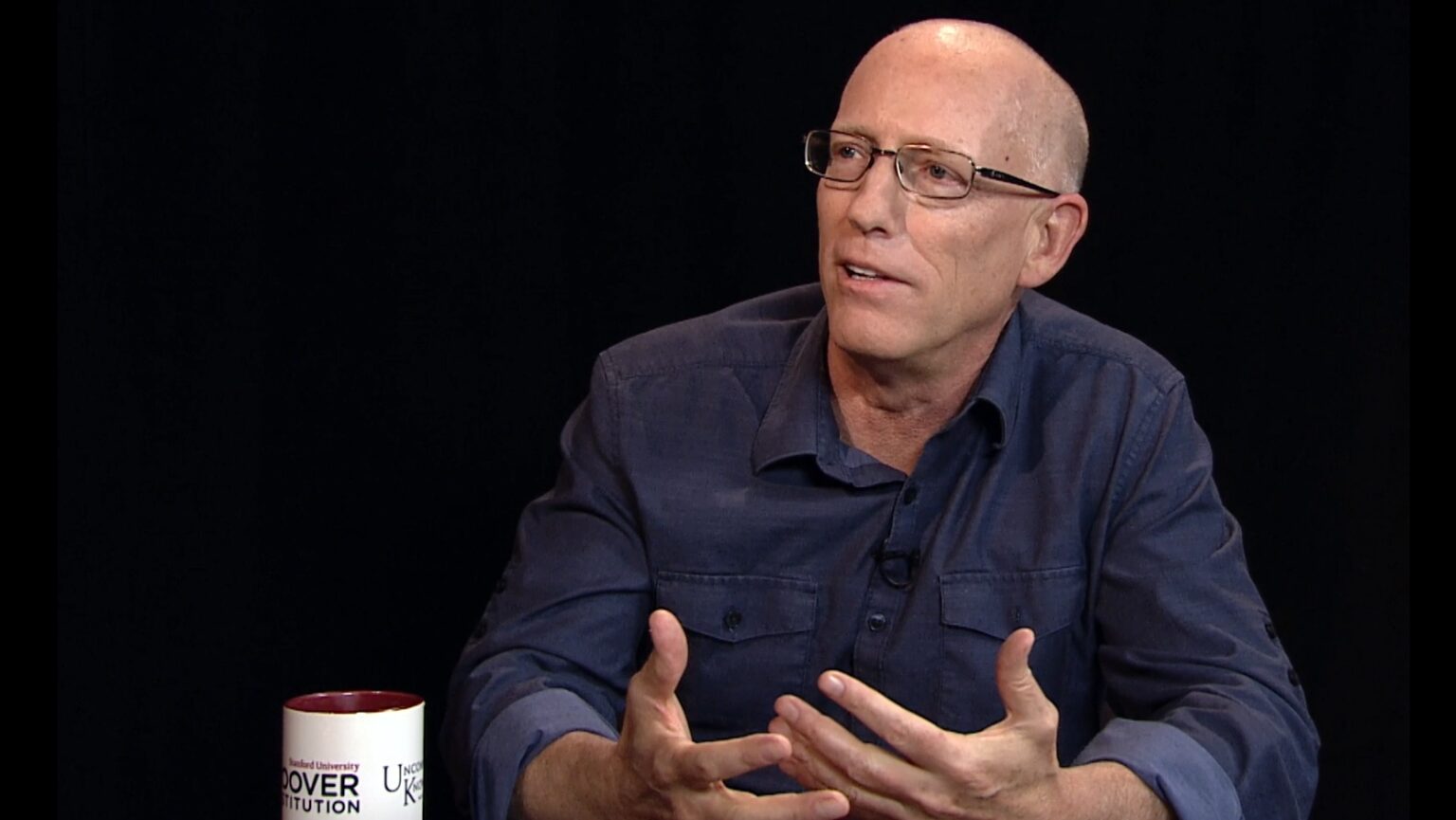
American cartoonist Scott Adams, best known for creating the Dilbert comic strip, passed away at age 68 after a long battle with cancer. He was one of the few major figures in entertainment who supported Donald Trump in the 2016 US presidential election. His ex-wife shared his last public statements, in which he wrote that he accepts Jesus Christ as his Lord and Saviour.

Martial artist Luana Márton and swimmer Hubert Kós were named Hungary’s Athletes of the Year at the Nemzeti Sport gala in Budapest. Márton won world championship gold in taekwondo in Wuxi, while Kós defended his men’s title with another victory in the 200-metre backstroke at the World Aquatics World Championships, this time in Singapore.

To mark 50 years since Agatha Christie’s death, BBC News has published a rare 1955 radio interview in which the famously private crime writer reflects on her childhood, writing habits, and the surprisingly simple routines behind her enduring mysteries.
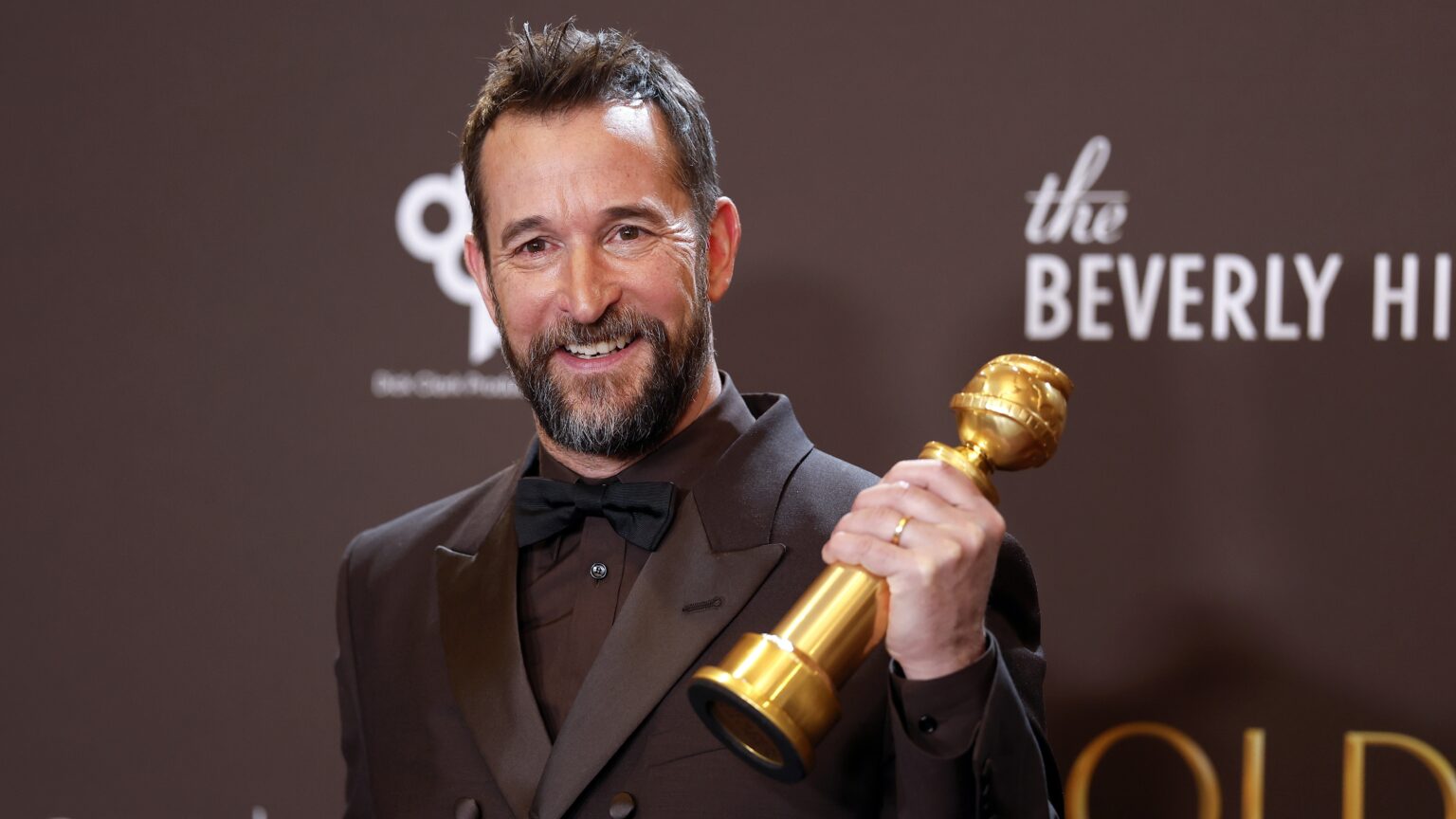
The 83rd Golden Globe Awards in Beverly Hills crowned a Leonardo DiCaprio-backed black comedy and the drama Hamnet as top films of the night, while The Pitt and The Studio led the television categories, setting the tone for the Oscar race ahead.

‘My grandmother was not a revolutionary; she was a lady of grace, but she treated everyone equally,’ Péter Esterházy wrote about his grandmother. A countess who lost her home, her two sons died, and her husband and daughter fled abroad—Mrs Margit Károlyi Esterházy lived in a monastic cell next to the family castle during the last years of her life.

‘It may come as a surprise, but the number of printed books is still growing today; there is a demand for them. Jorge Luis Borges writes that when he received the Brockhaus Encyclopedia as a gift, he was already blind, but he enjoyed feeling the volumes, having them there beside him. Books are meant to be felt, not just read.’

Budapest has placed its 26th new CAF tram into passenger service after successful test runs and official approval. The modern, low-floor vehicle will mainly operate on tram line 3, further improving comfort and accessibility in the capital.

Two cute polar bear cubs were caught on camera enjoying their first snow at the Sóstó Zoo in Nyíregyháza, Hungary. A brief clip of the two of them playing has received over 109,000 likes on X within a day.
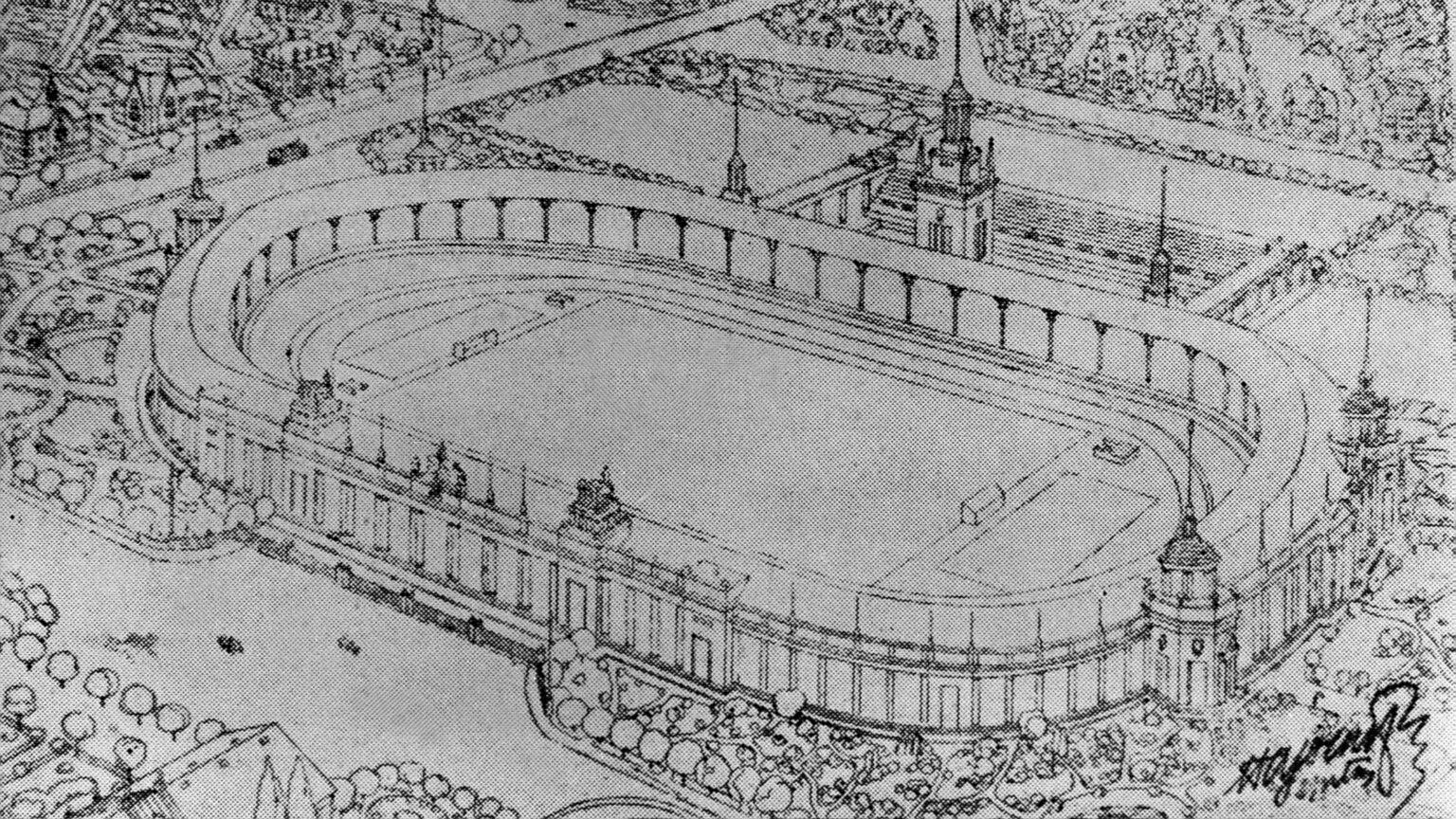
From 1 January 2026, the works of Albert Einstein, Thomas Mann and hundreds of other authors and artists can be freely used, as copyright protection expires 70 years after the creator’s death, Hungary’s Intellectual Property Office said.

Béla Tarr, one of the most influential figures in Hungarian and international cinema, has died at the age of 70 after a long illness. Renowned for films such as Sátántangó and Werckmeister Harmonies, his work reshaped modern film language.

A new film about a young, ambitious woman suddenly becoming the governor of a state just to be pushed out by the evil scheme of her husband, Ella McCay, grossed just $4.5 million in the box office against a $35 million budget. This prompted Disney to cancel its international premiere in France due to a lack of interest.

The US Embassy in Budapest has commemorated the 48th anniversary of the return of the Holy Crown of King St Stephen, calling the 1978 transfer an important milestone in American–Hungarian relations. The gesture highlighted a moment when diplomacy, history and symbolism intersected at the height of the Cold War.

More than 33 million pilgrims travelled to Rome during the Jubilee Holy Year, exceeding all expectations, as the Vatican prepares to close the Holy Door of St Peter’s Basilica, marking the end of a year dedicated to hope and renewal.

The song thrush has been named Hungary’s Bird of the Year for 2026 following an online public vote organized by the Hungarian Ornithological and Nature Conservation Society, highlighting the species’ beauty, ecology and conservation challenges.

Ferencváros striker Barnabás Varga, who has scored five goals in five games in Hungary’s FIFA World Cup qualification campaign and four goals in six games for his club in the UEFA Europa League this season, is set to sign with 13-time Greek champions and current league leaders AEK Athens. Media reports claim AEK will pay Ferencváros €4.5 million for his transfer.

Hungary is launching a new phase of its family-focused tax policy from 1 January, expanding tax allowances, widening income tax exemptions for mothers and raising several family-related benefits.

‘Though several borders separate the modern states of Hungary and Lithuania, Hungarian readers will find some common history…’

In February, Adrien Brody took home the Oscar for Best Actor for his portrayal of a Hungarian architect, László Tóth, rebuilding his life in the United States after the Holocaust. However, audiences left cinemas yearning to know more about this great Hungarian American, only to be disappointed to discover that he does not exist…
‘The claim is as follows: conservatives are indeed stupid and lack intellectual curiosity, and the progressives, be they liberals or socialists…have the intellectual firepower on their side.’

Director General of the Center for Fundamental Rights Miklós Szánthó warned that Hungary’s Tisza Party is preparing austerity measures ‘Generation Z has only read about in history books,’ including tax hikes and privatization plans. He also argued that Europe is escalating the conflict in Ukraine while the rest of the world is seeking peace.

‘Progressive reformers often attack inherited institutions without understanding their purpose. They see a custom, find no use, and abolish it.’
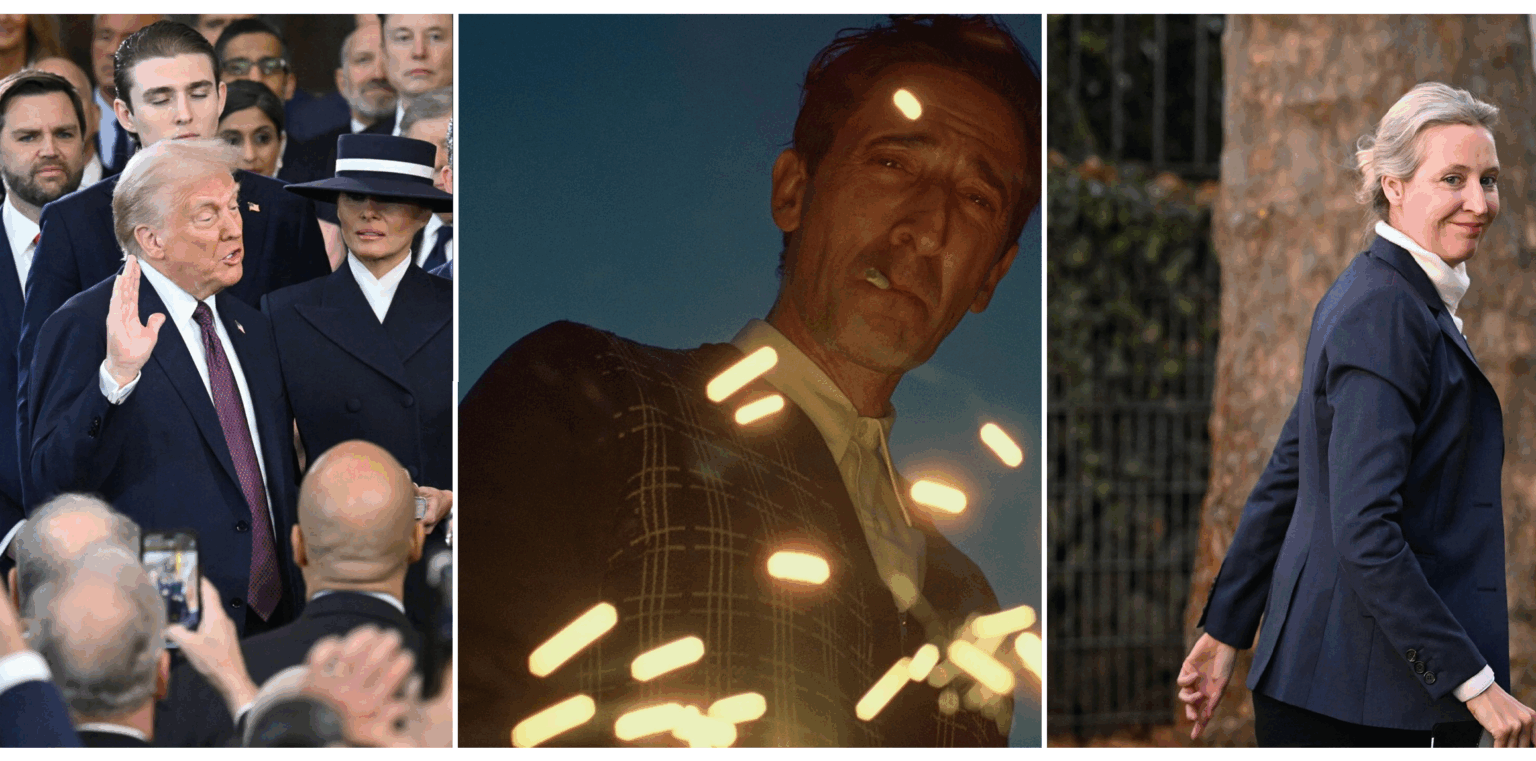
The old year has just passed, so, in an effort to reflect on all that happened in the eventful year of 2025, here are the stories that you, our readers, have found the most compelling based on the amount of traffic they received. We hope you enjoy our compilation, and Happy New Year to everyone!